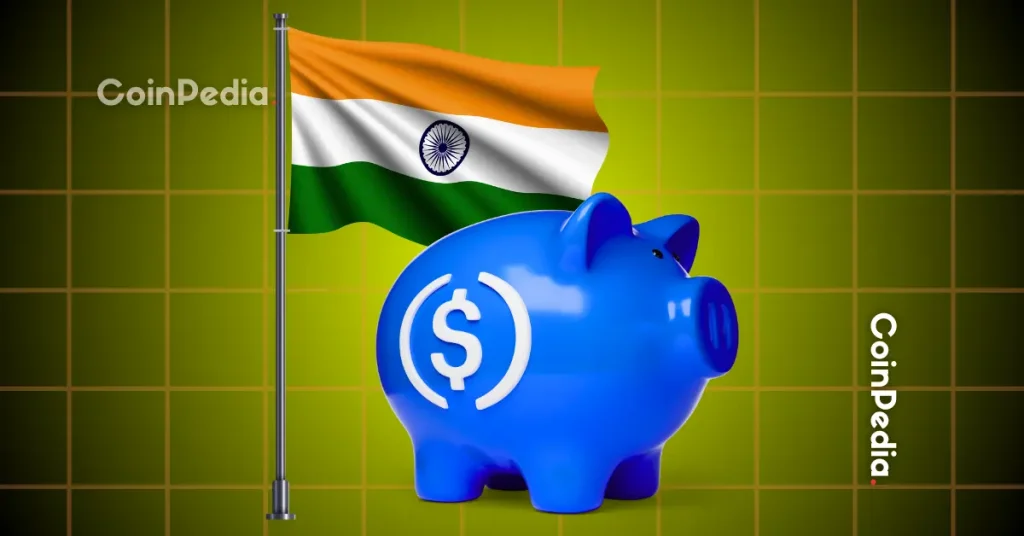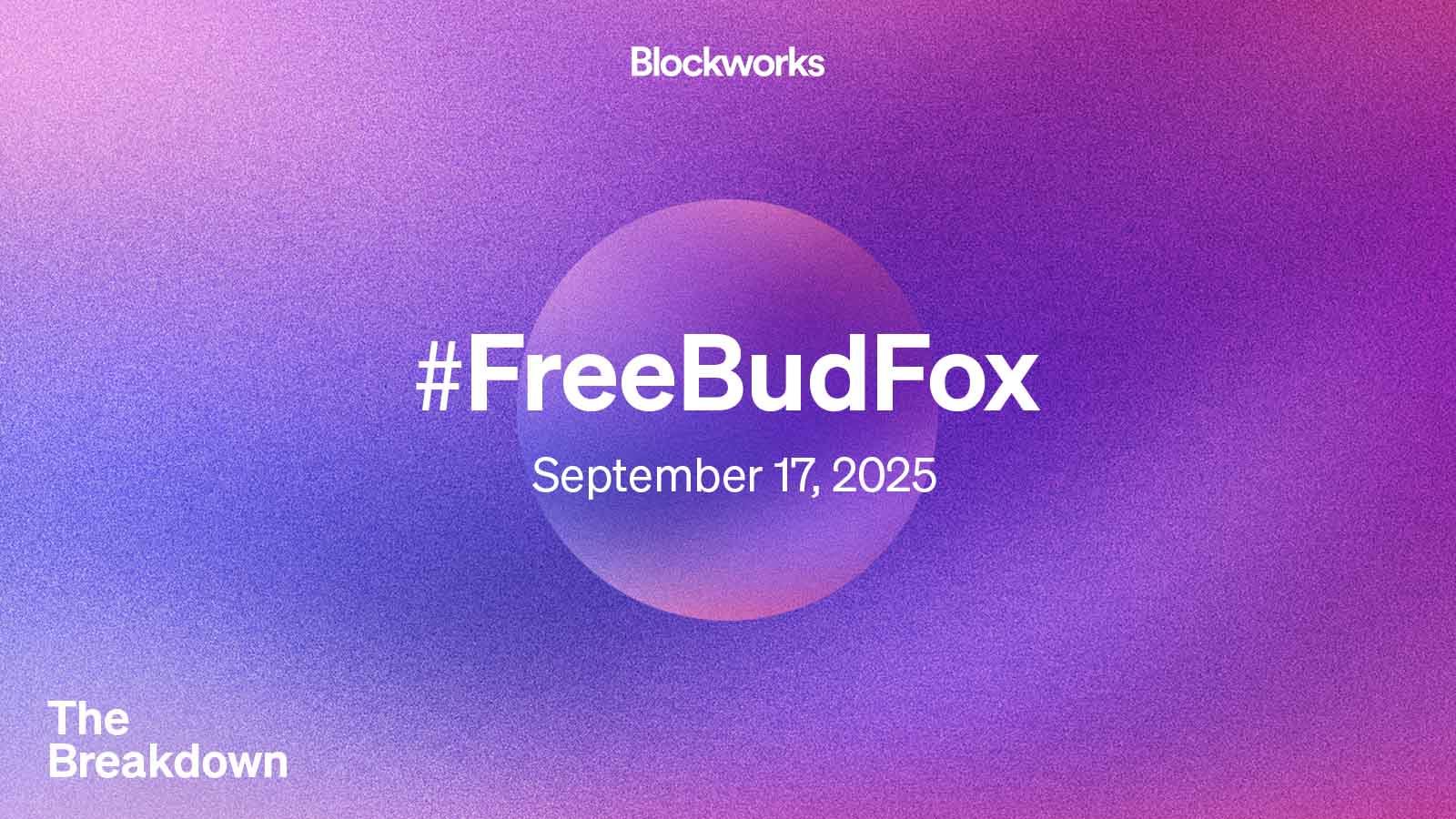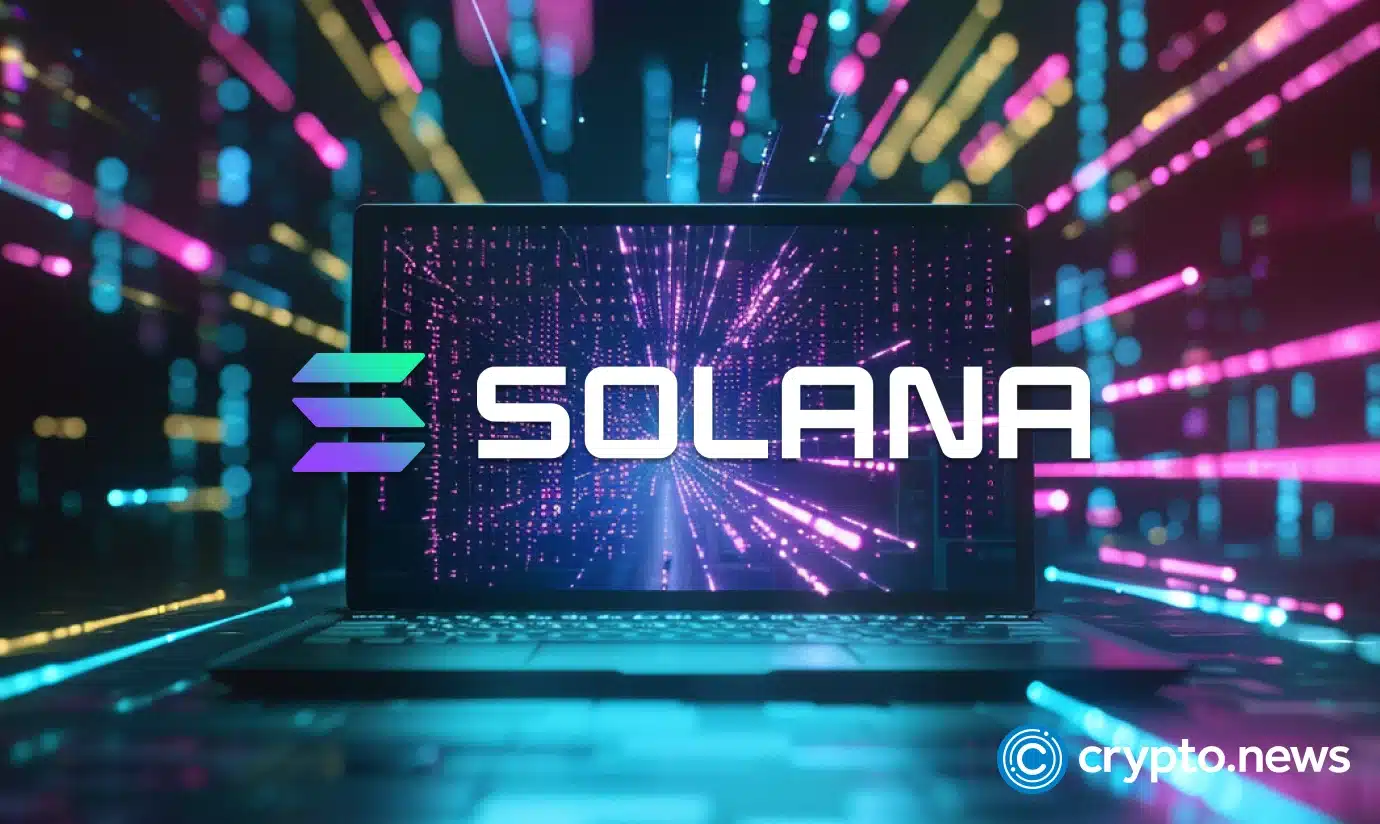India to Launch ARC Token Stablecoin Backed by Government Securities

The post India to Launch ARC Token Stablecoin Backed by Government Securities appeared first on Coinpedia Fintech News
India is preparing to take a major step in digital finance with the development of its first sovereign-backed digital token. Polygon has partnered with fintech firm Anq to build a government-backed digital instrument that could redefine how digital money functions in the country. Unlike private stablecoins tied to the U.S. dollar or controlled by corporations, this project is directly backed by the Government of India through government securities.
Polygon co-founder Sandeep Nailwal stated in September that he is fully confident India will introduce an INR-backed stablecoin within the next three months, setting high expectations across the crypto and fintech sectors.
A Token Backed by Indian Sovereign Assets
The digital currency model is called the Asset Reserve Certificate, or ARC. Its structure is designed to ensure complete transparency and stability. Each ARC token issued will represent an equivalent value of Indian Government Securities or Treasury Bills held in reserve. In other words, for every token in circulation, there must be an equal amount of sovereign assets backing it.
This creates a non-speculative, fully regulated token that mirrors the value of the Indian Rupee. Unlike dollar-based stablecoins such as USDT and USDC, which move Indian liquidity offshore, ARC is anchored within the Indian financial ecosystem. Any increase in digital token activity would directly support domestic economic operations rather than foreign dollar-backed markets.
- Also Read :
- Canada’s 2025 Federal Budget Reveals Plans to Regulate Stablecoins
- ,
Enhancing the Monetary System Without Challenging It
Polygon and Anq are positioning ARC as a digital asset that complements the Reserve Bank of India rather than competing with it. The design introduces a twin-rupee framework: the RBI’s Digital Rupee acts as the official settlement layer, while ARC becomes a programmable layer built by regulated private players. This enables innovation within the private sector while allowing the RBI to retain full control over monetary policy.
Since ARC tokens are created only when government securities are purchased, this model indirectly supports government funding without requiring new taxation. Demand for ARC is directly linked to demand for government debt instruments, creating a sustainable financial loop.
Mixed Reactions From the Crypto Community
While the project is gaining support, not everyone in the crypto community is convinced. Crypto commentator Josh argues that calling the token “sovereign-backed” is simply a marketing strategy. In his view, the token is fully centralized and censorable, making it no different from a digital rupee rather than a real stablecoin. He believes it contradicts the core purpose of crypto, which values decentralization and permissionless access.
Despite the criticism, India appears committed to exploring a future where digital money is backed by real sovereign assets, not private reserves.
Never Miss a Beat in the Crypto World!
Stay ahead with breaking news, expert analysis, and real-time updates on the latest trends in Bitcoin, altcoins, DeFi, NFTs, and more.
FAQs
Each ARC token is fully backed by Indian Government Securities or Treasury Bills, ensuring transparency and one-to-one value support.
Unlike dollar-backed stablecoins, ARC keeps liquidity within India and is supported by sovereign assets, not foreign reserves.
No. ARC complements the RBI’s Digital Rupee, serving as a programmable layer while the Digital Rupee remains the core settlement system.
You May Also Like

Let insiders trade – Blockworks

XRP price rebounds off lower band as new XRP Ledger wallets surge to 8-month high
